We gathered four of our writers to each choose one IFFR 2021 film that stuck with them, and explain why it was a highlight.
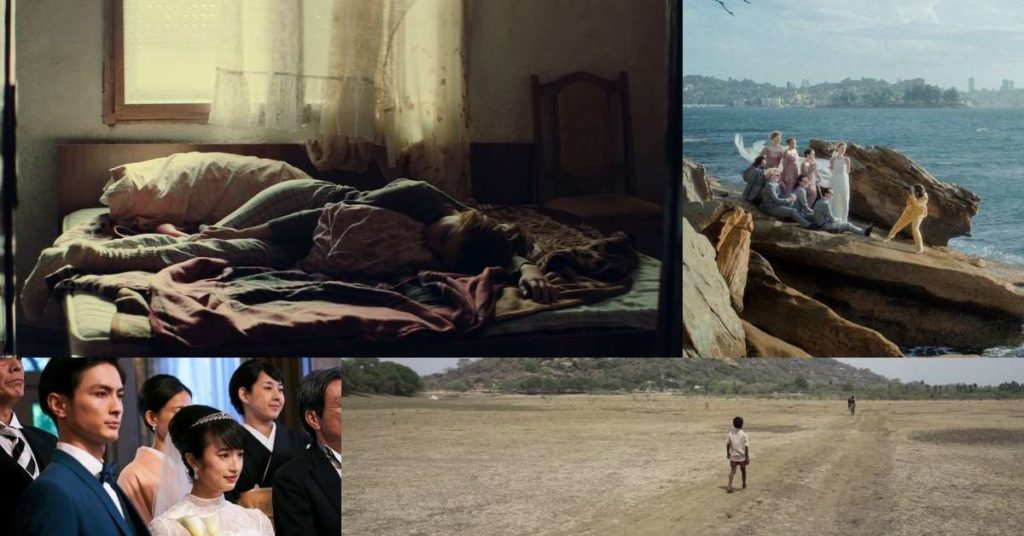
Discover one film you didn’t know you needed:
Not in the zeitgeist. Not pushed by streamers.
But still easy to find — and worth sitting with.
And a guide to help you do just that.
After an exhausting Sundance of questionable quality (although we found a few gems), we moved on to the more interesting, varied lineup of the International Film Festival Rotterdam (IFFR). Unlike Sundance, IFFR programmes a broad range of world cinema (we didn’t see a single American film). Although Sundance burnout meant our staff didn’t have time or energy to watch as many IFFR films as we’d like, we gathered four of our writers for a different kind of festival roundup. Each of them have chosen one IFFR film that stuck with them, and briefly explained why it was a highlight.
A quick shoutout to the great IFFR films we won’t include in this feature, because we already highlighted them at past festivals: Quo Vadis, Aida?, The Dog Who Wouldn’t Be Quiet, Sweat, and First Cow.
Aristocrats (Yukiko Sode)
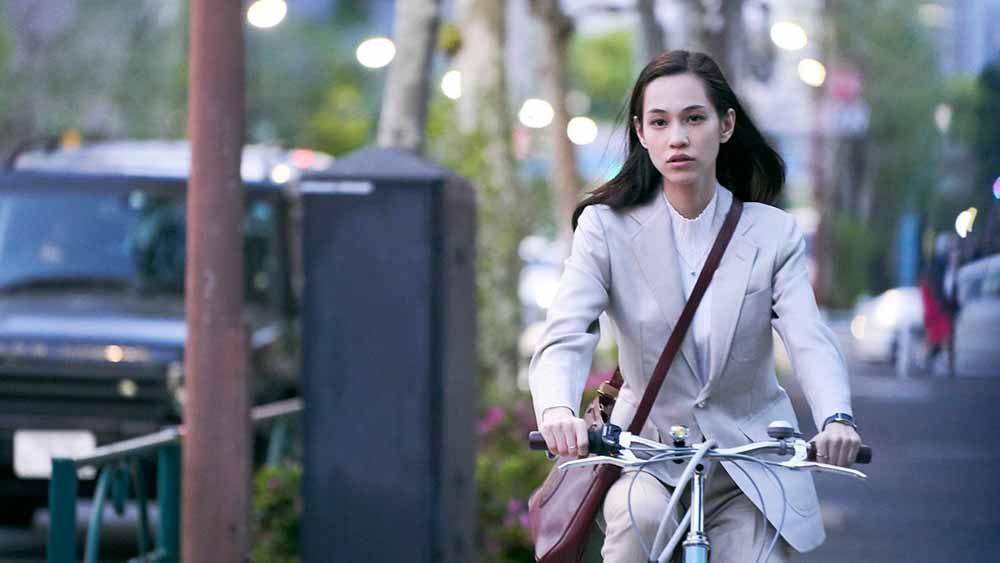
From our review: “‘Tokyo’s compartmentalised. You only meet people within your class.’ This casual comment, made by Hanako’s (Mugi Kadowaki) friend as they hang out by the city’s waterfront, is explored and challenged in Aristocrats (Anoko wa kizoku). What happens when people of different classes cross paths in class-conscious Tokyo? Yukiko Sode’s film, which is adapted from a book by Mariko Yamauchi, is particularly concerned with how class impacts women’s freedom. In Sode’s film, the higher a woman’s class, the loftier the expectations the expectations they have to live up to, and the fewer options they have.
By following two female protagonists from different socio-economic backgrounds, Sode explores how their proximity to wealth impacts their agency and relationships. We meet Hanako in a taxi on her way to a family dinner. Hanako silently ignores her taxi driver as he chats about how he’s never been inside this restaurant before, despite driving many clients such as Hanako to its doors; immediately, Hanako is established as being on the upper echelon of society, at least compared to the driver. Yet when she arrives at the dinner, she seems unhappy. Her family chides her for being single — her fiance recently dumped her — and they insist she seek a new relationship as soon as possible. In the first section of the film, Hanako goes on a series of dates with terrible men, most of them matches made by her friends or family. She doesn’t seem happy about her dating life, and yet she persists, because it’s what’s expected of her.”… Read the full review. Orla Smith
Orla’s full review of Aristocrats will be published soon.
Friends and Strangers (James Vaughn)
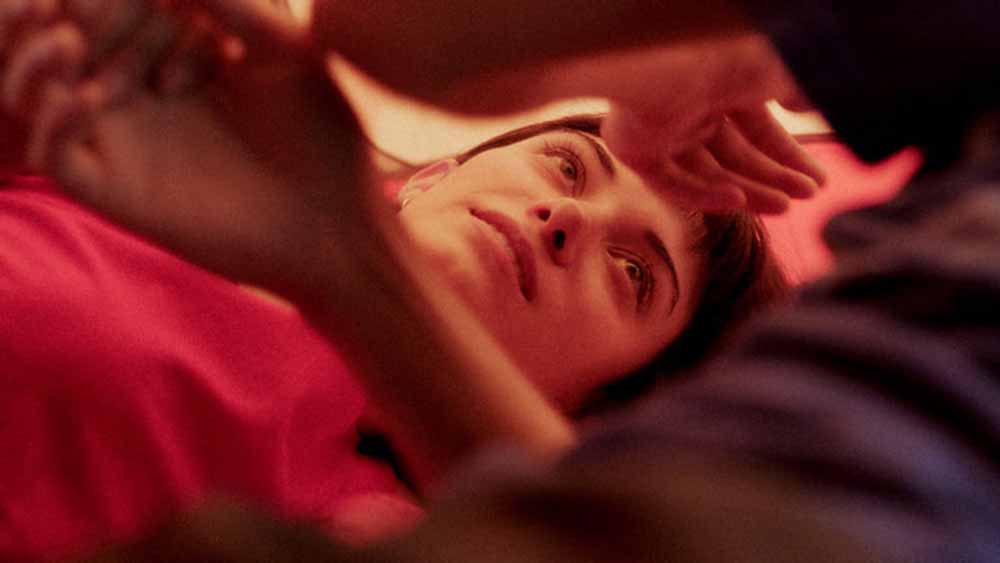
Let’s make no bones about it: IFFR can be hard work. Even in the best conditions, its selection of work from emerging filmmakers is often abstract, mired in political context too obscure for the jaded British critic to know where to start with, or delivered in a slow cinema tradition that encourages that most transgressive of film viewing behaviours: the nap. This was a major worry going into 2021’s Rotterdam-from-Brixton virtual viewing marathon. And by day two, I was ready to throw in the towel. That is, until I flipped on James Vaughn’s mesmerising Friends and Strangers. Equal parts whimsy and existential despair, this Australian comedy begins with a failed camping trip hookup (think Mike Leigh’s Nuts in May with a decent 4G connection), which turns into an epic of miscommunication, passive aggression, and sunstroke hallucinations when its characters return to Sydney. But most importantly, it’s eighty-four minutes long and an easy watch. For the lazy, attention-shot critic, it’s a balm. B.P. Flanagan
Looking for Venera (Norika Sefa)
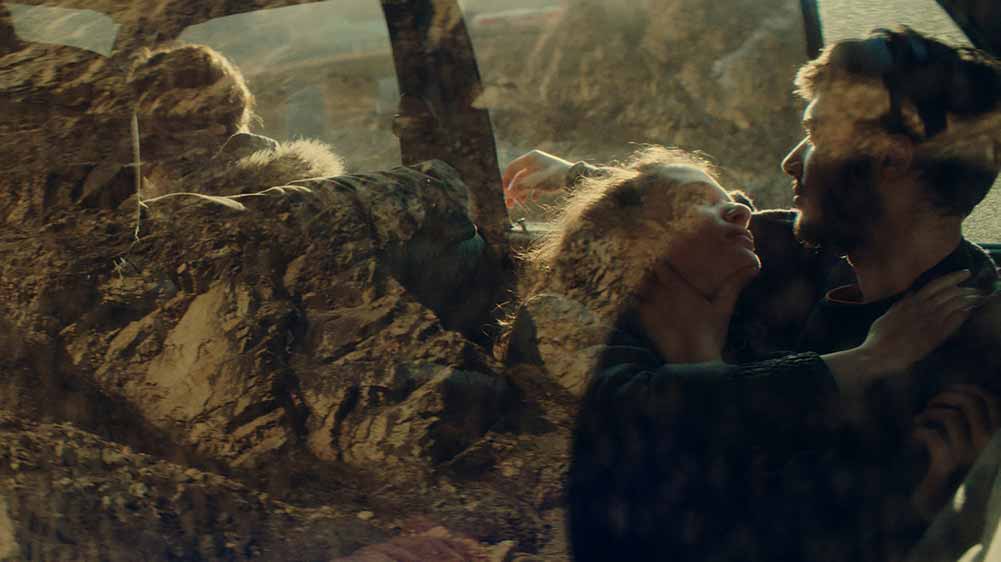
Norika Sefa’s Kosovo-set debut is a slice-of-life glimpse into the world of Venera (Kosovare Krasniqi) a sheltered teenager living in a small town, who starts to question tradition and authority when she befriends the rebellious Dorina (Rozafa Celaj). Venera lives with generations of her family in a tiny house where every room is shared, and privacy is virtually nonexistent. After glimpsing Dorina and Dorina’s boyfriend having sex in the woods, Venera and Dorina, who take English classes together, begin a friendship. Dorina’s devil-may-care attitude and seeming sexual liberation push Venera into exciting new situations and opportunities to both explore her sexuality and be exploited.
Sefa is particularly attentive to body language: the way the girls quickly become touchy-feely and lean on each other, in stark contrast to Venera’s standoffishness with her family, despite their proximity. But this is a patriarchal society where a woman’s virginity and reputation are prized above all else, and it’s only a matter of time before Dorina has to suffer the consequences. Venera is more cautious and watchful, in awe of her friend but not ready to follow in her reckless footsteps. Still, the film follows Venera as she matures from an unhappy teenager to someone intent on controlling her destiny, as much as possible. Alex Heeney
Pebbles (P.S. Vinothraj)
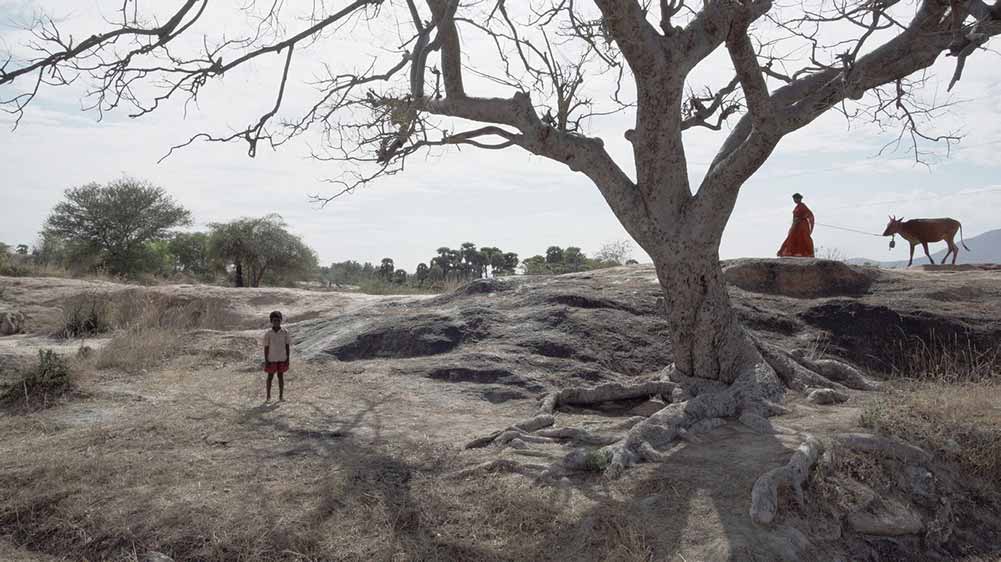
Vexed father Ganapathy (Karuththadaiyaan) is determined to bring back his wife and daughter, who have fled home to escape his violence, in P.S. Vinothraj’s Koozhangal (Pebbles). Ganapathy forces his son to come with him to fetch them, and together, they undertake a 13km journey into the heart of a village experiencing a major drought.
Pebbles is a road movie without frills; “a father-son odyssey without designs of grandeur,” as I wrote in my review for Cinespotting. We see them walking through wide expanses of arid land, past leafless vegetation and boulders in the desert. The village of Arittapatti, near Madurai in Tamil Nadu, in which the film is set, is an agricultural land that’s turned barren. Through glimpses into women’s huts and men’s gambling dens, we see the dismal state of the inhabitants,who have been robbed of their livelihood.
For over a year, Vinothraj lived in the village to familiarize himself with the location, and his knowledge of the area shows. We are not told about the pervasive hunger or water scarcity through dialogue, but shown it through patient scenes of everyday process. In one scene, an old woman draws out groundwater from a scanty puddle, slowly filling one mug after another. Initially, we assume that her extreme poverty is an anomaly, until the camera zooms out into a wide-shot to show a half-dozen women waiting in a queue to fill their pots.
Vinothraj impressively captures the beauty and radiance in the seemingly humble and mundane. Vinothraj includes poetic images of a balloon fluttering in a bus, the clinking of a young girl’s anklets, an austere mother tending to her child, a young girl smiling in a shower of dry leaves, and even an adorable puppy playing on the street. Like a mystic, Vinothraj works with contrasting energies, making miracles of nothingness. Kanika Katyal
We’ll keep our mailing list up to date on where to watch these great films.
Subscribe to the Seventh Row newsletter to stay in the know.
Subscribers to our newsletter get an email every Friday which details great new streaming options in Canada, the US, and the UK.
Click here to subscribe to the Seventh Row newsletter.


